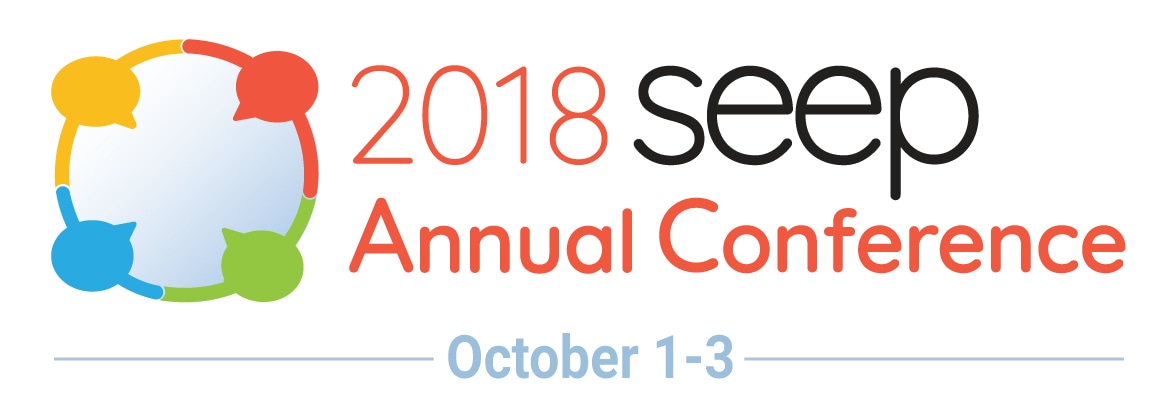
When trying to catalyze transformative change, the complex challenges we face require an adaptive approach, focused on testing, rapid learning, feedback and adaptation. Ultimately, our ability to adapt depends on our people - their mindsets, their capacity, our organizational structure, and the incentives our systems set and signal. Join us to hear how several organizations have been proactive in taking adaptive management to scale by putting adaptation at the heart of organizational systems and culture.
Intentional, iterative learning and adaptation based on evidence is the aim of many development programmes. However, this approach poses difficulties, especially in building and maintaining effective adaptive management processes, M&E systems and organizational cultures. In this session, we will share lessons from a range of experiences; moving beyond buzz-words to evidence based lessons and practical steps to integrating adaptive processes in program design and daily management. The session will highlight systems and tools for flexible M&E, including 'bedrock indicators' and highlight the importance of approaching organizational change in the banking sector from individual’ employees perspectives to understand pathways of change.
The project management teams of market systems projects are challenged to balance nimble application of adaptive interventions that catalyze systemic change with donor requirements to adhere to fixed indicator targets, contracting mechanisms, and expenditure budgeting. Projects often see innovation and donor compliance as conflicting goals if management tools are not intentionally adjusted to reinforce technical strategy. Join us for an interview-style conversation and group discussions featuring tested and applied frameworks and methods, including flexible contracting mechanisms, incorporating team learning and knowledge management, and messaging implementation principles to apply systems thinking and embrace a culture of innovation and complex change within the context of donor regulations and priorities.
Nothing gets in the way of a masterfully designed program quite like reality. Without structures for learning and adapting based on feedback from local stakeholders, staff, partners and, most importantly, beneficiaries – in our case rural women – Savings Group and enterprise development programs can suffer creeping dropout rates and reductions in credit uptake. Come learn about our package of feedback mechanisms and how it compelled us to redesign our theory of change and exit strategies. We'll compare examples to reveal the challenges and rewards of a truly participatory approach and highlight how feedback from smallholder farmers at the pilot stage can – and must – be integrated as programs go to scale.
What are the challenges that donors and implementers share, and how can these be addressed together? This session provides an overview of BEAM’s research on the topic and examines incentives and constraints to adaptive programming across donor-implementer relationships; how individual and organizational behaviours influence program design and implementation, and how to create an environment conducive to adaptive management. We know that most organizations struggle to create the right environment for the change they want to see – join us to share your thoughts and questions with members of BEAM Exchange’s Adaptive Management Steering Committee and hear how they helped their teams work in new ways!
"Adaptive management" or "CLA" has increasingly become a buzz word with many organizations now working towards implementing adaptively but, for many, this remains mostly a concept. This session presents the newest learning and solutions, drawing from the practical learning under USAID’s CLAIM project. CLAIM is a learning network consisting of five organizations that are exploring how CLA strategies can improve development outcomes. Participants will hear brief presentations and then engage in a world café, small group discussion with each presenter, allowing participants to spend dedicated time unpacking core adaptive management issues. The world café topics will include: a) understanding USAID’s new CLA policies; b) how to conduct an adaptive management self-assessment; c) in-depth exploration of an adaptive management implementation tool; and d) lessons in measuring the results of adaptive management.
